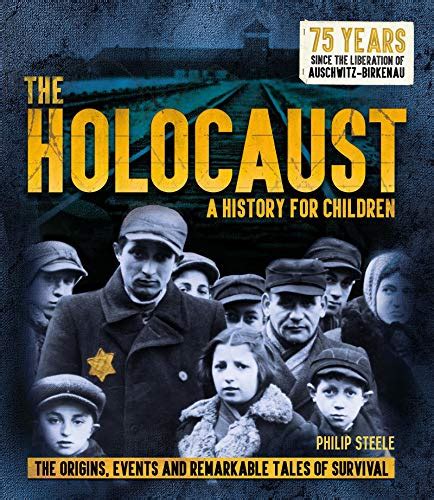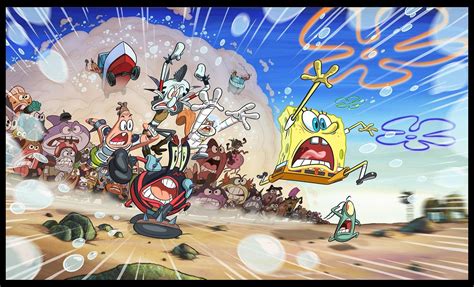The Holocaust, a genocide that occurred during World War II, is a subject of profound significance and sensitivity. The sheer scale of the tragedy, which resulted in the systematic murder of six million Jews and millions of others deemed undesirable by the Nazi regime, has spawned a vast array of literary works. These books, written by survivors, historians, and fiction authors, offer a window into the unimaginable horrors, the resilience of the human spirit, and the complexities of human nature during one of the darkest periods in human history. This article will delve into some of the most impactful and important books about the Holocaust, exploring their themes, historical context, and the reasons why they continue to be crucial reading for anyone seeking to understand this pivotal moment in history.
Historical and Memoir Accounts
Books that fall into this category provide firsthand accounts or meticulously researched historical analyses of the Holocaust. They are crucial for understanding the events as they unfolded and the personal stories of those who lived through them.
“Man’s Search for Meaning” by Viktor E. Frankl: This memoir is a powerful exploration of the psychological and philosophical insights Frankl gained from his experiences in Nazi concentration camps. It is a testament to the human search for meaning and purpose, even in the most dehumanizing conditions.
“The Diary of a Young Girl” by Anne Frank: Perhaps one of the most famous and poignant accounts of the Holocaust, Anne Frank’s diary is a heart-wrenching portrayal of a young girl’s hopes, fears, and daily life while hiding with her family during the Nazi occupation of the Netherlands.
“Night” by Elie Wiesel: A haunting memoir that recounts the author’s experience with his father in the Nazi concentration camps at Auschwitz and Buchenwald. It is a stark and powerful exploration of the Holocaust’s horrors and the loss of faith and humanity in the face of unimaginable cruelty.
Fictional Works
While based on historical events, these novels offer a unique perspective on the Holocaust, using fiction to explore the emotional and psychological depths of the experience.
“The Boy in the Striped Pajamas” by John Boyne: A fictional story told through the eyes of a young boy who befriends a boy in a concentration camp, unaware of the camp’s true nature. It’s a powerful and emotional exploration of innocence, friendship, and the horrors of the Holocaust.
“Schindler’s Ark” by Thomas Keneally: Later adapted into the film “Schindler’s List,” this book tells the true story of Oskar Schindler, a German businessman who saves the lives of thousands of Jews during the Holocaust. It’s a remarkable tale of humanity and courage in the face of overwhelming evil.
“The Book Thief” by Markus Zusak: Narrated by Death itself, this novel tells the story of a young German girl’s experience of the war and her adoption of a Jewish fist fighter hiding from the Nazis. It’s a poignant exploration of war, humanity, and the power of words.
Historical Analysis and Education
For those seeking a deeper understanding of the Holocaust’s historical context, causes, and aftermath, these books provide comprehensive and insightful analyses.
“The Rise and Fall of the Third Reich” by William L. Shirer: A classic historical work that provides a detailed account of the Nazi regime, from its origins to its eventual downfall. It offers invaluable insights into the political, social, and economic factors that led to the Holocaust.
“Auschwitz: A New History” by Laurence Rees: This book provides a detailed history of Auschwitz, the most notorious of the Nazi concentration camps, drawing on extensive research and interviews with survivors. It’s a chilling account of the camp’s operations and the men who ran it.
“The Holocaust: A History of the Jews of Europe During the Second World War” by Martin Gilbert: A comprehensive historical account of the Holocaust, detailing the events leading up to it, the genocide itself, and its aftermath. It’s an essential resource for anyone looking to understand the full scope of the tragedy.
Conclusion
The Holocaust is a subject that continues to resonate deeply with people around the world, serving as a stark reminder of the dangers of prejudice, hatred, and the erosion of human rights. The books mentioned above, whether memoirs, historical analyses, or fiction, each contribute to our understanding of this complex and tragic period in human history. They remind us of the importance of empathy, tolerance, and the vigilant protection of human dignity. As we move further away from the events of the Holocaust, these literary works become even more crucial, ensuring that the stories, lessons, and memories of the Holocaust are not forgotten.
Why is it important to read books about the Holocaust?
+Reading books about the Holocaust is crucial for understanding one of the darkest periods in human history. It provides insights into the causes and consequences of genocide, the importance of human rights, and the dangers of prejudice and hatred. These books serve as a memorial to the victims, ensuring their stories are not forgotten, and as a warning to future generations about the importance of promoting tolerance, empathy, and peace.
What are some common themes found in Holocaust literature?
+Holocaust literature often explores themes of hope and despair, humanity and inhumanity, resistance and survival, guilt and responsibility, and the search for meaning and faith in the face of unimaginable horror. These themes are reflected in memoirs, historical accounts, and fiction, offering readers a deep and nuanced understanding of the Holocaust’s impact on individuals and society.
How can reading about the Holocaust contribute to a better understanding of current global issues?
+Reading about the Holocaust provides valuable lessons about the dangers of extremism, the importance of protecting human rights, and the need for international cooperation to prevent similar tragedies. It also highlights the impact of political rhetoric, the role of bystanders, and the importance of individual and collective action against hate and discrimination. These lessons are timeless and universal, offering readers a framework for understanding and addressing current global challenges.



